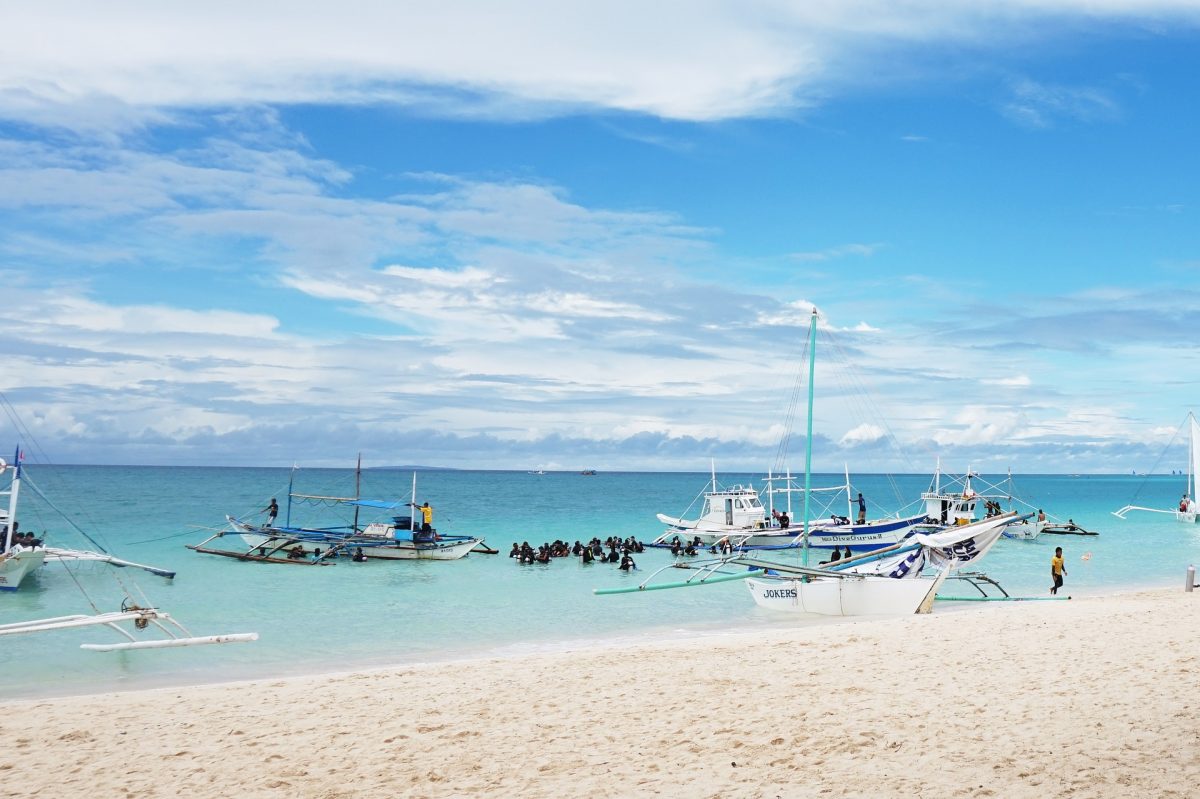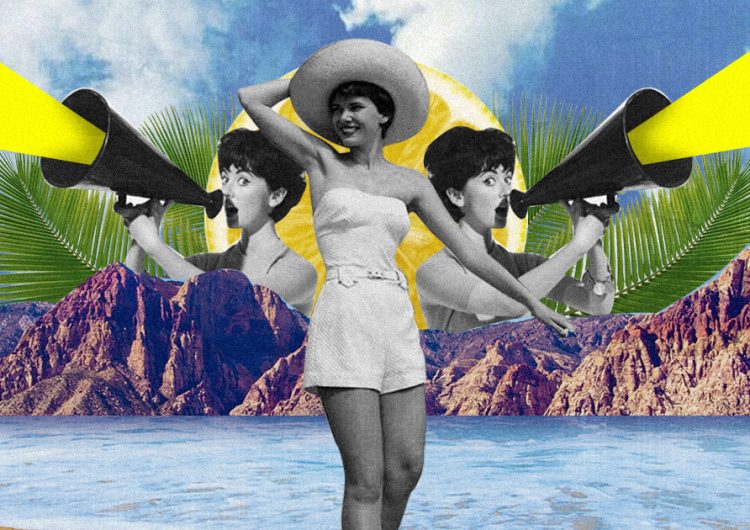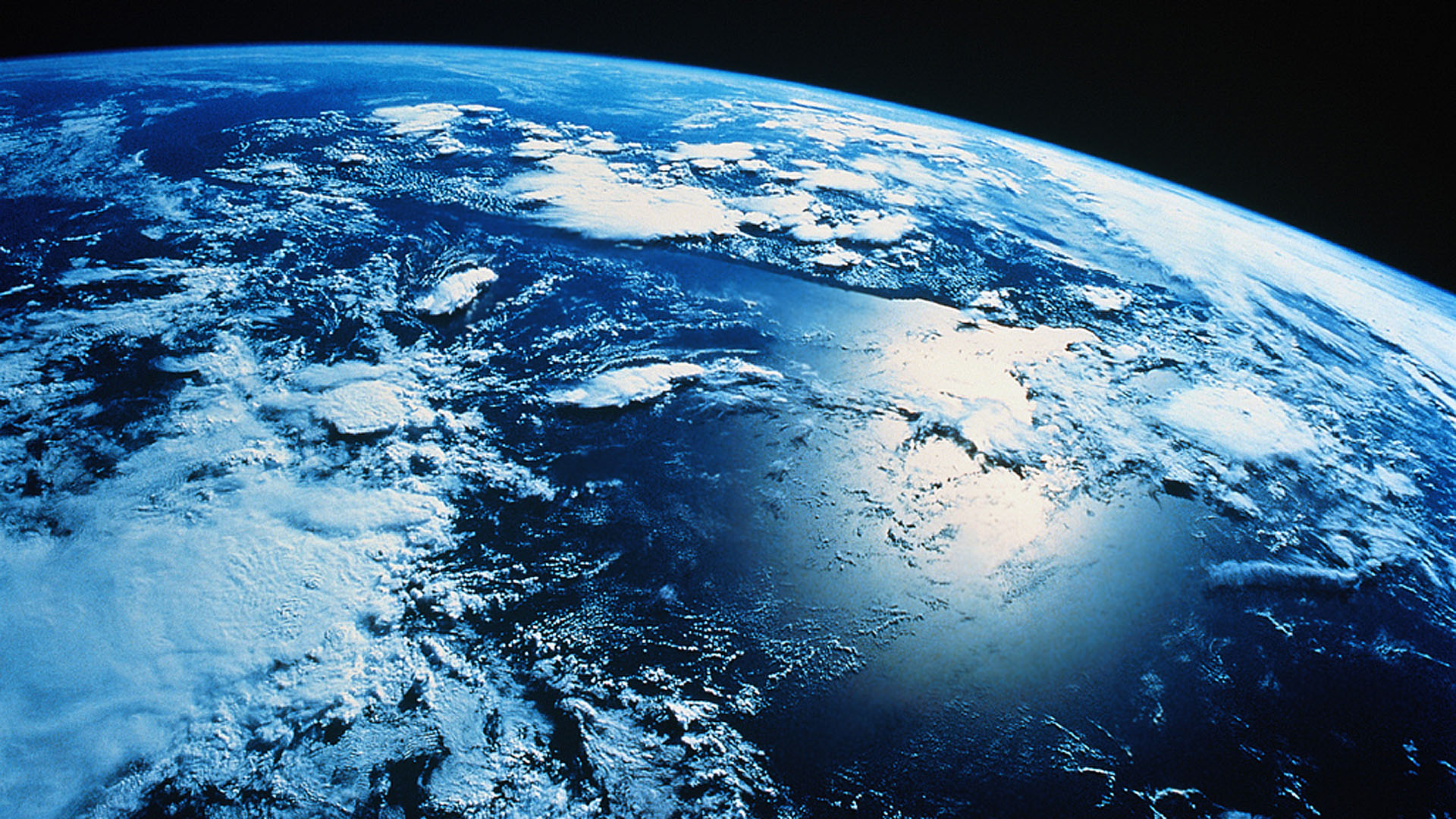I guess this is the disaster movie we all contributed in writing.
After exactly six months of waiting, we can now put our feet back on Boracay’s familiar sand again. In a report by Inquirer.net, “a total of 157 government-accredited hotels and resorts” are now ready to house visitors starting today, Oct. 26.
The news of its short-lived goodbye back in April could have been a big news to the frequent travelers only, but it shook almost the whole country. Well, who wouldn’t? Especially when you find out that a Philippine gem–which was supposedly taken care of to the core–had transformed into a total dumpster.
Now here’s some #realtalk: Just because Boracay has opened its arms again to the public doesn’t mean that the old song should play. What do we do with the things we enjoy? Just stare and sip and squeeze and sink ourselves into its satisfying abyss while we still remain our apathetic selves, keeping inaction and complacency afloat? Heck, no. Just like our personal relationships, anything that sustains must be walked along a two-way street.

Photo from Pixabay
As Boracay’s powder white sand, eye candy seas, and lush greenery offer us a one-of-a-kind enjoyment, we, too, should give back what we can. Having zero care for corals isn’t cool. Posting endless IG stories so breathtaking that it drives your followers to the scene is nothing compared to actually using your senses to eradicate the problem before anything else.
Please don’t ever do the same mistakes again. Like, ever.
Because as our elementary Science teachers told us before, it might be too late–this time, however, it’s getting realer.
We have recently been shaken up again by the news that we only have until 2030 to apply all the possible solutions before climate change goes full catastrophe mode. From a recent article by Inquirer.net, the Intergovernmental Panel on Climate Change (IPCC) revealed “that damage to the planet would be irreparable should the world fail to keep global warming to 1.5 degrees Celsius within the next 12 years.”
Quite a huge pill to swallow, but we can only act as much as we can hope. This means changing our lifestyles–“eating less meat (livestock emits huge quantities of methane), moving to a smaller dwelling to effect minimal use of resources, using more sustainable products, walking or taking public transport instead of driving, and carpooling” are just few of the things we can do, Inquirer further stated.
We are young, but we aren’t reckless in expense of others. Leaving our usual comforts for a while can make the things we enjoy exist a lot longer. After all, those are the same things that protect us.
Art by Ninotchka Arreola

























Comments